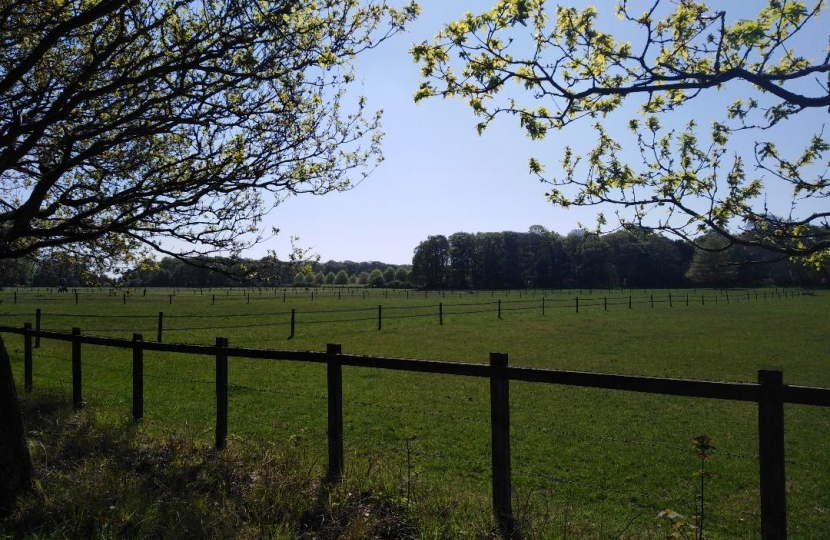
Do you remember watching the TV in the early part of 2020 and seeing the large amount of farmland that had been flooded by torrential rainstorms, and how green fields had been turned into muddy landscapes, with bales of hay, wrapped in black plastic bobbing around in metres of rain water. This was the working environment of some of our British farmers, this is where our food is produced, where livestock is nurtured and raised.
After the flood, came the Coronavirus and Lockdown. Social distancing and hand washing became the pre-occupation of us all. But, what of our farmers? They cannot work from home, they have to go to work, feeding and tending their livestock, planting and harvesting and feeding the nation.
The work that farmers do is worth £120 billion to the UK economy. Of all food eaten in the UK, 61% of it is produced in the UK, 14 % of the national workforce is employed across agriculture and food industries such as wholesale, food manufacturing, retailing, hospitality and catering. Those green fields, that rich dark soil; that grade one agricultural land, plays a fundamental role in providing the elements of our healthy diet.
Those of us that live locally and drive through country roads can see how the local farmers have been battling against the environmental elements, trying to drain the fields of flood water before planting their spring crops. The fields that surround our villages and towns add beauty to our countryside but play an important part in sustaining us.
Our farmers are the custodians of our precious countryside; they are leaders in animal welfare and champions of renewable energy and conservation techniques. Our food production is the safest and most transparent in the world. The work that farmers undertake on a daily basis does much to support both rural and urban communities and should not be taken for granted. Those green fields belong to the farms: farms feed us. They provide a host of economic, environmental and socio-cultural benefits to our country.
Green fields are the beginning of our food chain. This is the everyday working environment of our farmers. This is where they toil each day to feed us. These farms though, do not stand alone. Each one is an anchor of stability in the area for other neighbouring farms. Each is a thread in a web which complements and supports each other. When one is lost to make way for a road, a housing estate or other types of buildings, that thread is broken and the negative consequences ripple through communities. Our agricultural land must be cherished and valued if we are to be able to feed our ever increasing population. Once lost under a layer of concrete and bricks, it cannot be reclaimed.
You can see the results of the hard work and endeavour of our farmers in our local shops. It is worthwhile noting that the Red Tractor symbol indicates that the product is recognised as being of high quality across the food chain. By purchasing food with this logo on the packaging you are providing support and security for British Farmers and food producers.
Scrutinising labelling is very important if you want to fully understand how food has been produced. Be wary of packaging which that implies the product is from the UK, when it isn’t. Retailers can label something British even if it has only been packaged here!
Look carefully at the country of origin of the dairy products you buy. Why not consider having your fresh milk delivered from a local dairy? Having milk delivered to the doorstep in recyclable glass bottles helps the environment as well as sustaining the local economy.
Local farmers are keen to harvest and provide food products that can be purchased from farm shops. These products come straight from the field, and reduce the need for excessive packaging. Some may not be perfect in shape or uniform in size but they are just as nutritious and may be more economical to buy. These outlets, along with the smaller independent shops provide competition for the large multiples and support local communities in terms of produce and employment. We live in an area where these outlets can be visited and produce purchased, 66% of farms have other enterprises on their land, such as farm shops, craft centres, wedding venues and B&BS , all of which contribute to our economy.
As summer approaches and hopefully our garden centres re-open, many will be selling plants that have been nurtured locally, by horticultural specialists. Purchasing locally grown products helps boost the economy and reduces waste and of course is better for the environment. When Autumn comes and we think of the harvest and later thoughts turn to Christmas, why not try to purchase locally sourced products to compliment your menus or as gifts for friends who, perhaps do not have the luxury of being able to shop locally for high quality goods.

